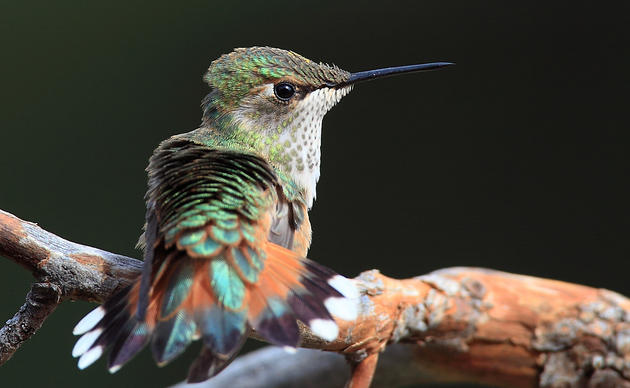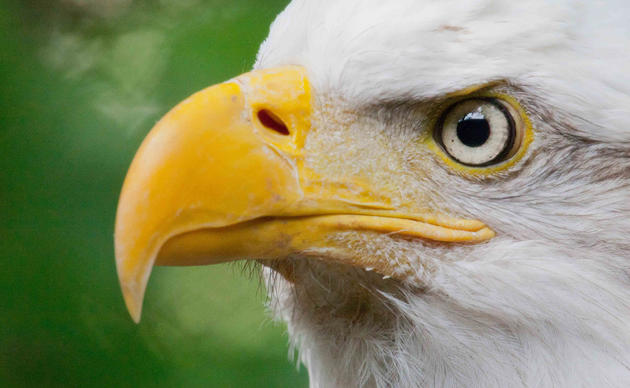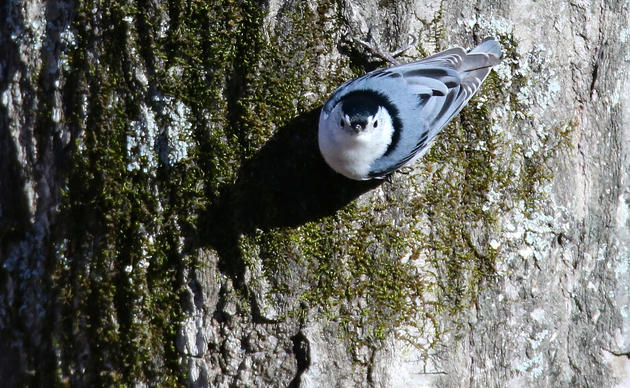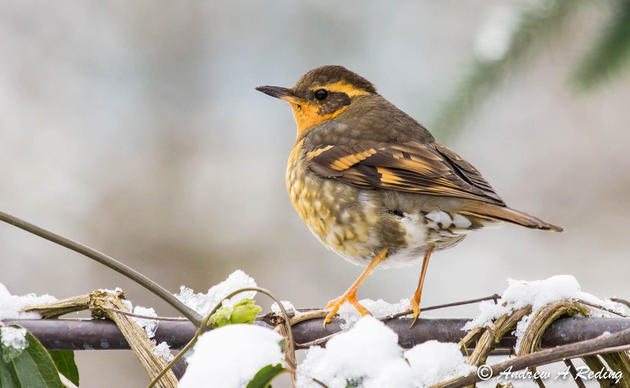Test Conservation Page
Birds tell us about the health of our communities. Ultimately, what happens to birds happens to us. They reflect the health and trends of the land, air, and water upon which we humans also depend.
Birds are one of the best-recorded animal groups in the world and the best available subjects for understanding today’s global biodiversity.
Birds protect crops and gardens. We humans rely on birds for such services as pest control and keeping natural systems in balance. By eating insects, weed seeds, and nuisance rodents, birds provide us with free ecological services.
Birds contribute to healthy, prosperous communities. Bird watching is the fastest growing form of outdoor recreation in the United States with more than 46 million Americans spending upwards of $32 billion on the pastime annually.
Birds attract money to Washington. A Washington Department of Fish and Wildlife study shows that wildlife watching annually provides more than 22,000 jobs and brings in hundreds of millions of dollars to the state. Audubon’s popular Great Washington State Birding Trail draws birders and their dollars to rural communities, inspiring local habitat conservation.
Birds bring joy and wonder to our world. What would our landscapes be without bright feathers and melodic songs? And who has spotted a lazuli bunting or our state bird, the American goldfinch and not felt a twinge of joy?
And because birds matter in these many ways, Audubon emphasizes science as the foundation for our advocacy, education, and conservation activities.
How you can help, right now
Be the Voice for Birds
Decision makers need to hear from you. Sign up for Audubon Washington's Action Alerts and you will have an opportunity to weigh in on proposals that impact birds.
Get Involved
Birds need YOU! Get involved in helping to preserve our birds and their habitats today. There is something for everyone!
Take Action on Climate Change
Does your decision maker know that climate change is number one threat to birds? Ask for their help to protect the birds, the places, and the planet we love.




